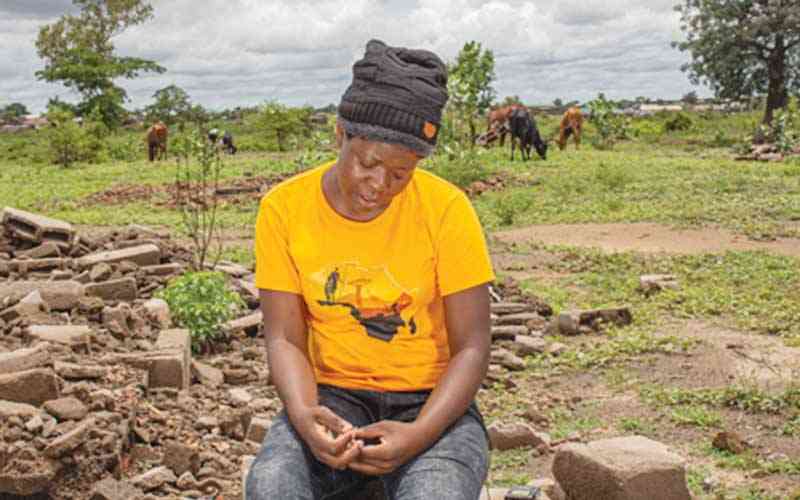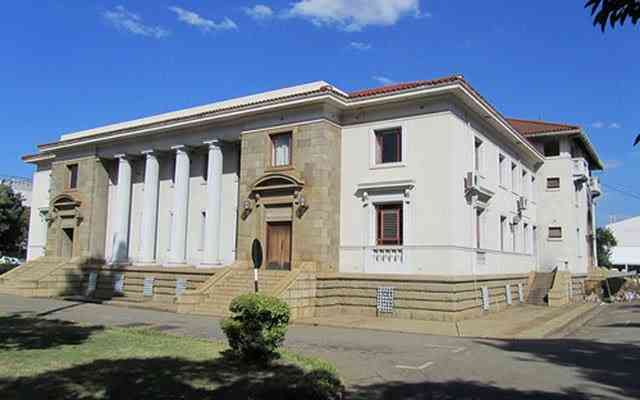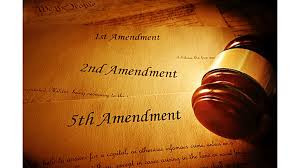
DESPITE its boundless beauty and riches, our country Zimbabwe is a painful place to be for many reasons, and the major one being that the majority of us are aliens in their own country because we have never been allowed to “freely” own a piece of the country.
In a few weeks, we shall be celebrating 44 years of being independent, having won this freedom through a protracted guerrilla bush war and the main reason of that bloody war was that we wanted to repossess our land from British colonialists who usurped it and made it their own for over 100 years.
When the colonialists expropriated our land in the late 1880s, they quickly parcelled it out and gave each other title deeds, yet here we are 44 years after retaking that land, merely dreaming of obtaining title to just a square metre of Zimbabwe is a crazy proposition, unless one has the financial and political wherewithal.
The issue of land tenure in this country is a key issue which has been so brazenly brushed aside by our government that it makes our independence a mockery; and basically, if truth be told, the majority of us are as good as landless.
According to ZimFact: “Zimbabwe has multi-form tenure, with multiple tenure types applying in the different area of land (freehold, lease, permit, communal and State land) ... The large-scale and small-scale commercial farmers occupy about 32% of the country’s land under individual land ownership which guarantees exclusive property rights and full control and responsibility over the land and infrastructure. Statutory provisions such as control over public watercourses and wildlife may limit the exclusive control.
“The Communal Areas Act vests powers in the President for its occupation and utilisation and is applicable to 42% of Zimbabwe’s land, where about 70% of the country’s population resides.”
It is the last bit of this fact which is most interesting and worrying about our land tenure system, whereby 70% of the population is settled on 42% of the country’s land which it does not even own, while 30% of the population is settled on 58% of land which it owns, with large and small-scale farmers owning 32% of Zimbabwe.
In other words, we simply inherited the colonial land tenure system which we ironically hoped to dismantle through independence.
- Mavhunga puts DeMbare into Chibuku quarterfinals
- Bulls to charge into Zimbabwe gold stocks
- Ndiraya concerned as goals dry up
- Letters: How solar power is transforming African farms
Keep Reading
Binga legislator Fanuel Cumanzala rightly pointed out recently in Parliament that the land issue needs to be revisited because the majority of Zimbabweans settled in communal areas continuously face the risk of being evicted by their very own government because they do not own the pieces of land they occupy.
“The land situation in our country necessitates rectifying historical injustices, enhancing food security and promoting economic development. However, achieving these goals require addressing challenges such as land tenure,” Cumanzala pointed out, while adding that: “The economic opportunities stemming from the land rights reform will collectively contribute to a more dynamic and inclusive economy, the confluence of job creation, investment attraction and economic diversification, not only addresses immediate economic incentives but also lays the foundation for sustainable and resilient rural development.”
In other words, our independence remains hollow because of the unresolved land question.











